STUDIES
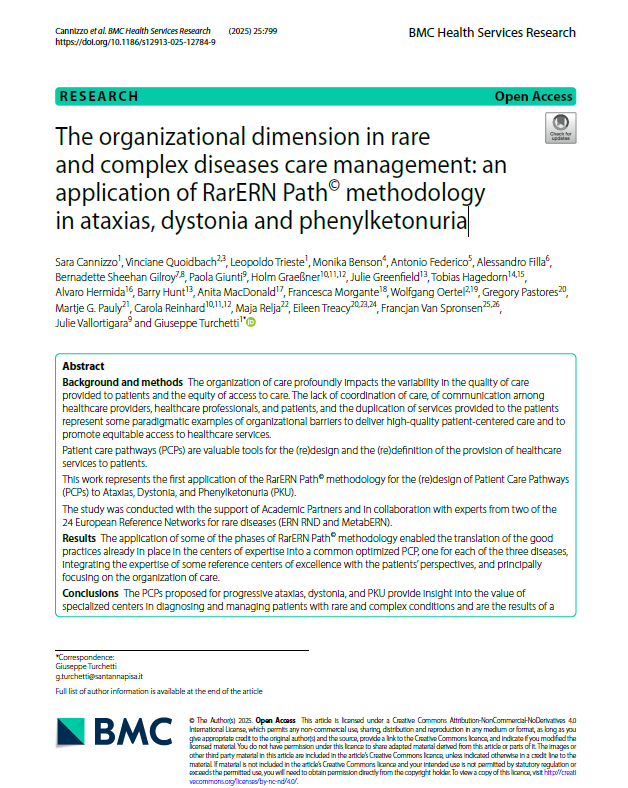
The organizational dimension in rare and complex diseases care management: an application of RarERN Path© methodology in ataxias, dystonia and phenylketonuria
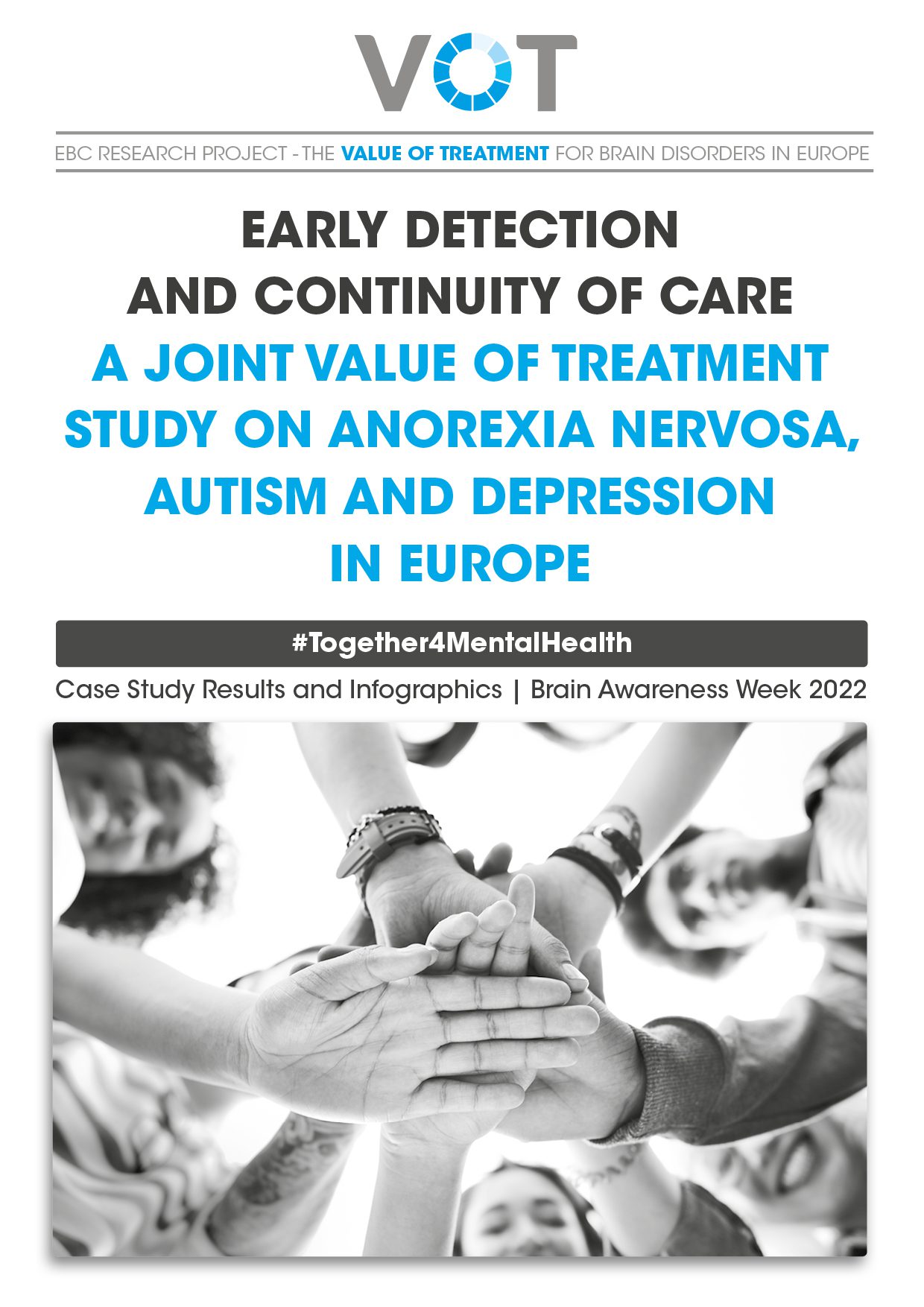
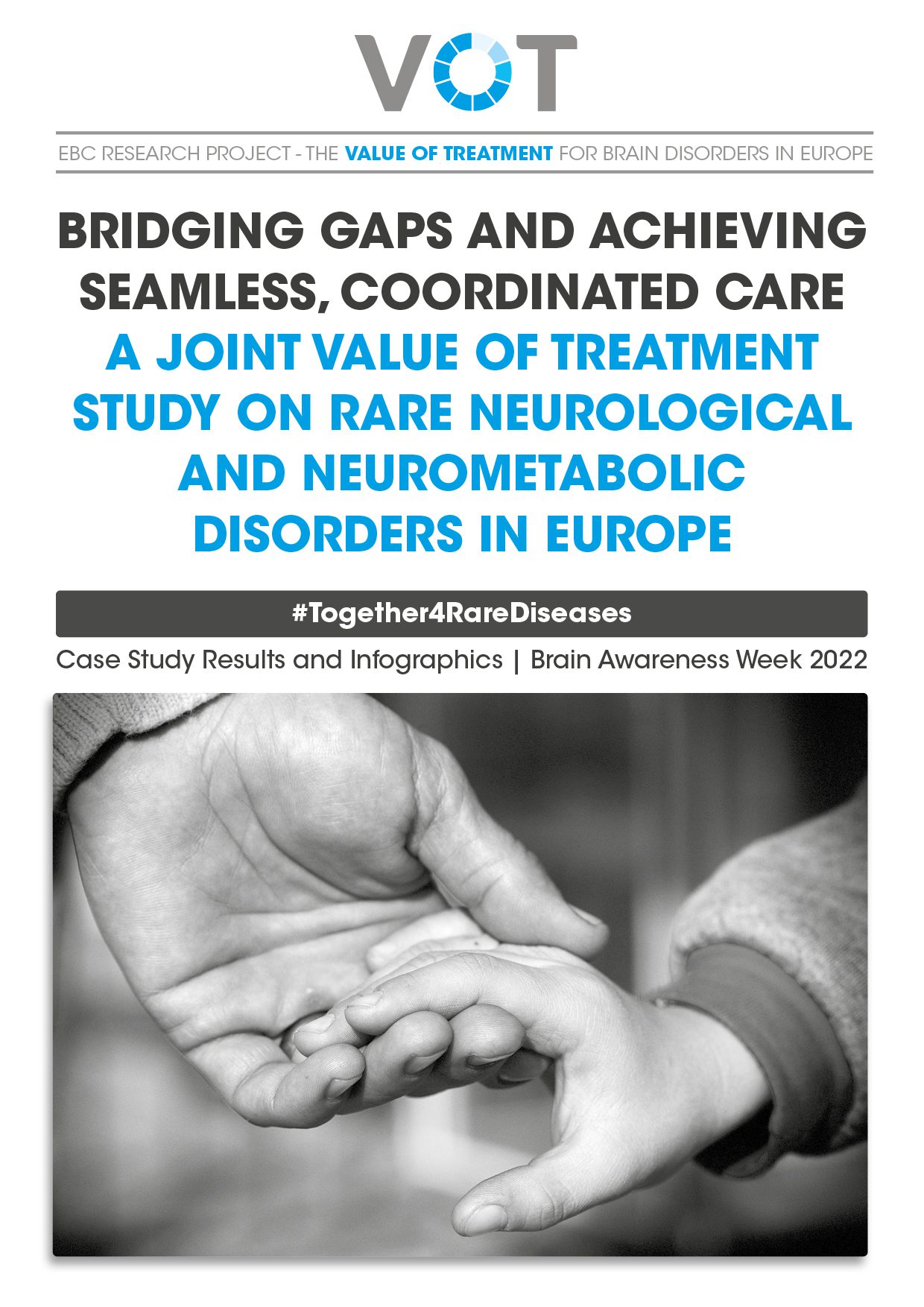
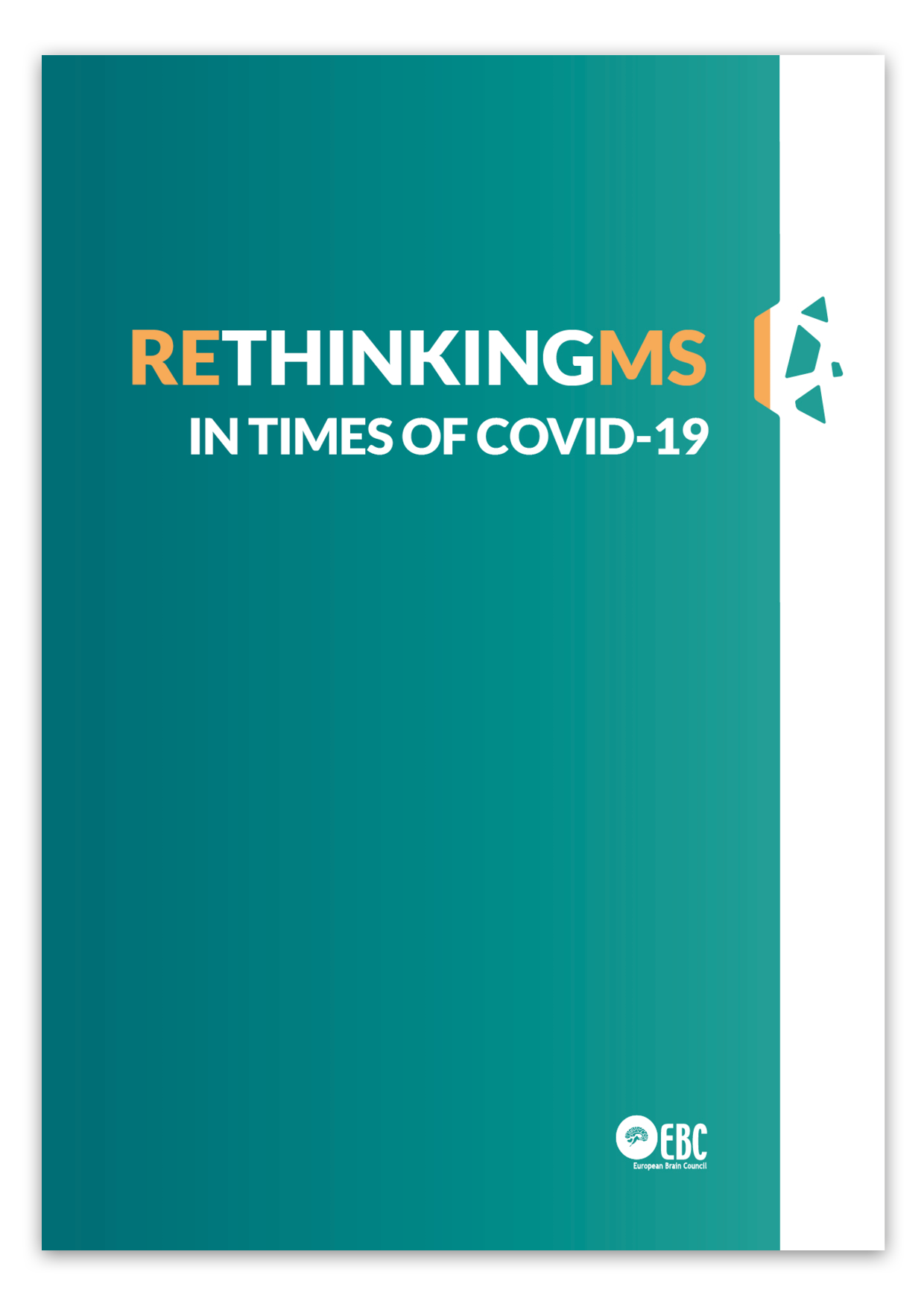
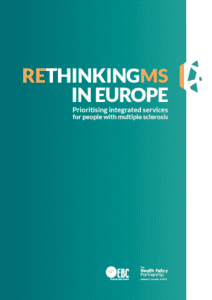
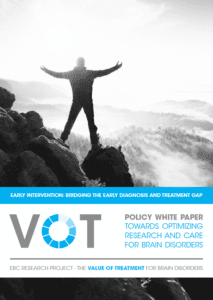
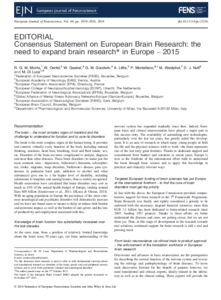
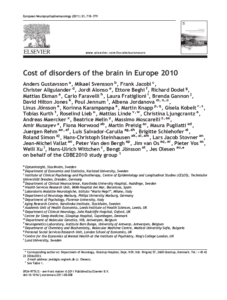
Associated Studies
The economic cost of brain disorders in Europe 2010
The size and burden of mental disorders and other disorders of the brain in Europe 2010
Cost and impact of non-treating severe mental illnesses (SMIs): The case study of schizophrenia
Country specific papers
After a successful launch of the Cost of Disorders of the Brain in Europe 2010 EBC encourages countries participating in the European study to write country specific papers. In order to facilitate the writing of one paper per country EBC extrapolated the necessary figures and tables for each of the 30 participating European countries. They can be used together with other relevant material and literature concerning the country in question in a country specific paper to be published in a national journal in the national language.
The following countries have published their papers:

Czech Republic

Finland

Switzerland

United Kingdom
As different countries face specific challenges, it is important to consider the national context when advocating for policy change. For this reason, RETHINKING MS also takes an in-depth look at Denmark, Italy, Romania and Spain. The dedicated reports on each country provide a more specific analysis of MS policy, care and support available for people with MS in each country.
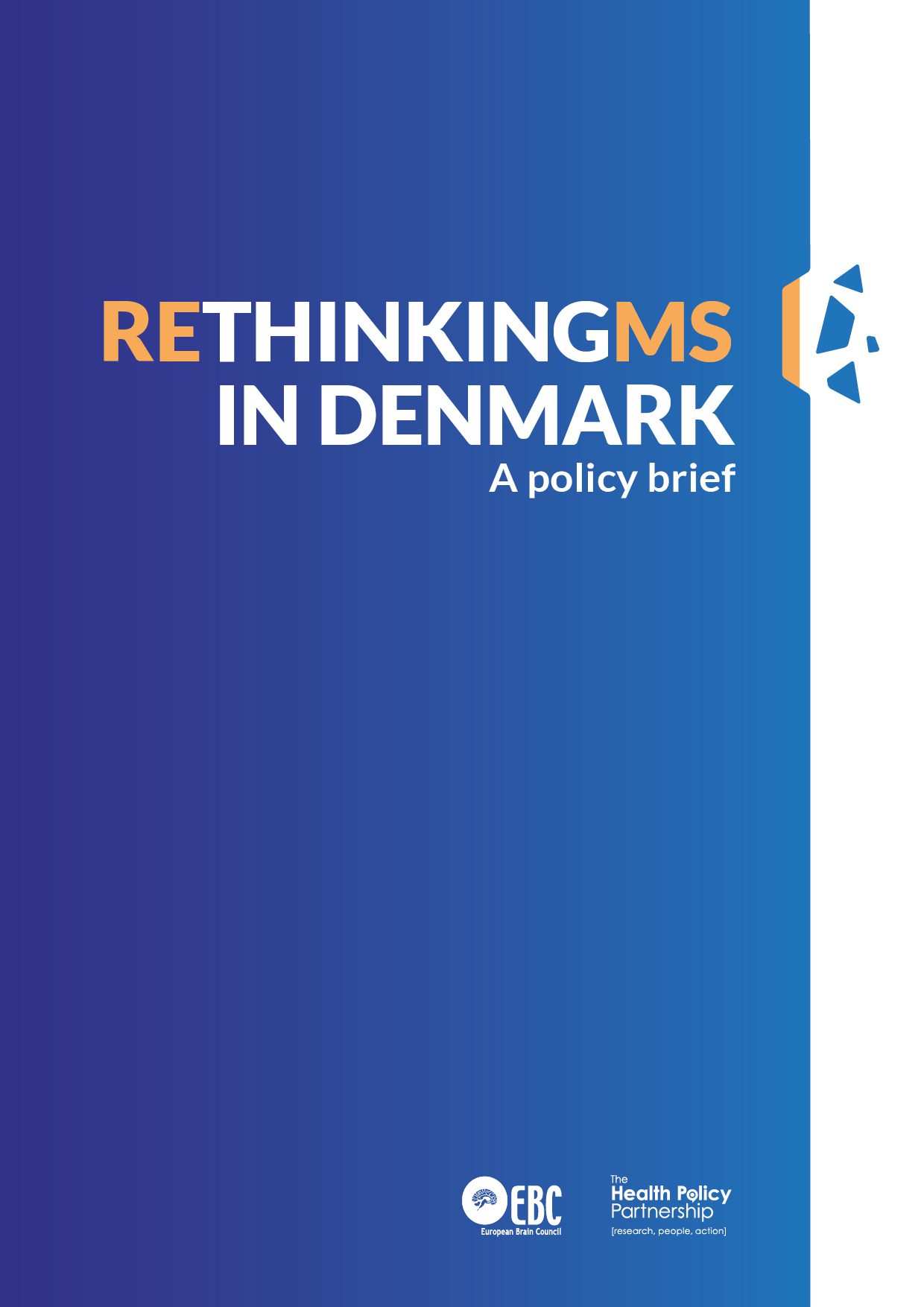
RETHINKING MS in Denmark
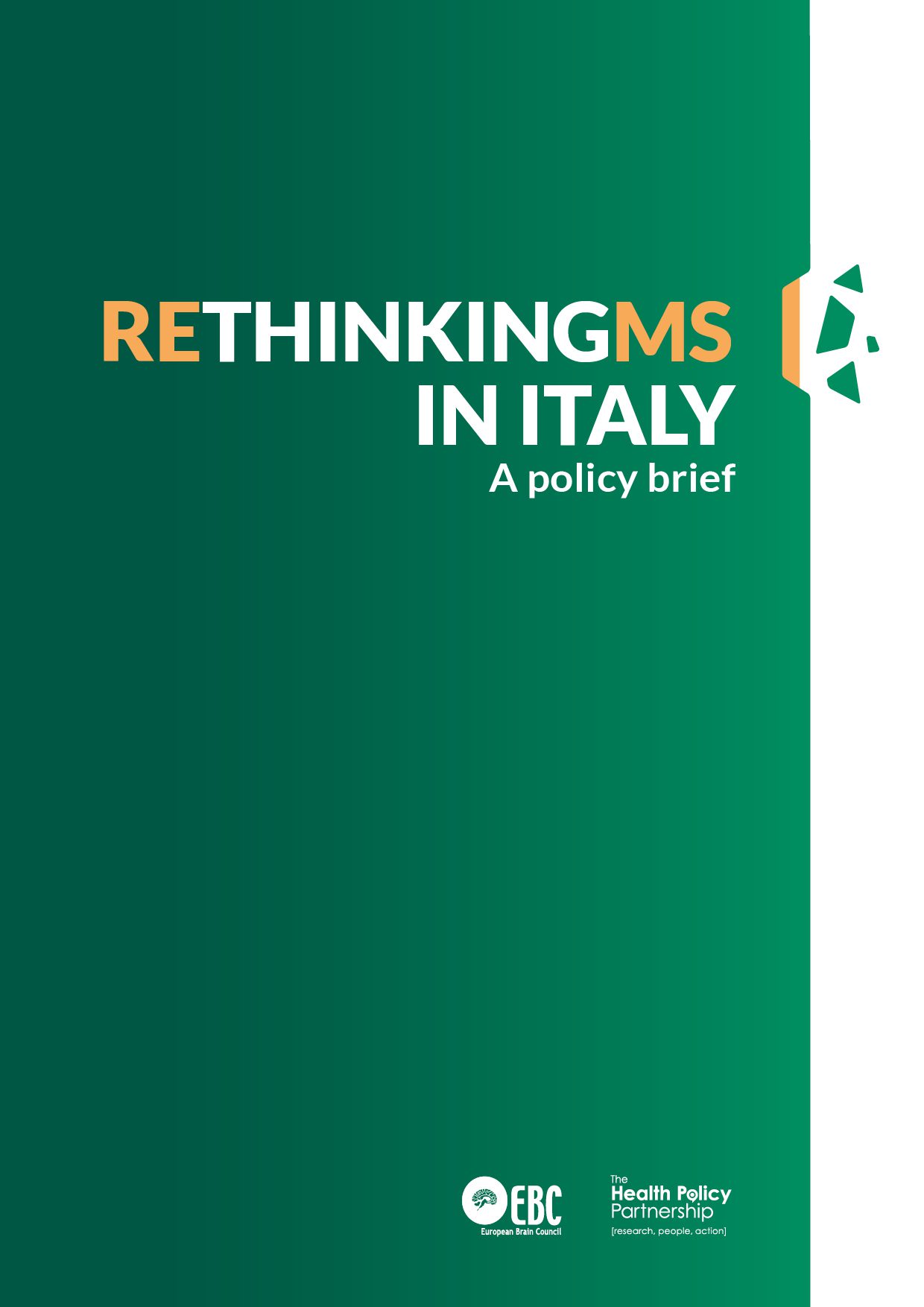
RETHINKING MS in Italy
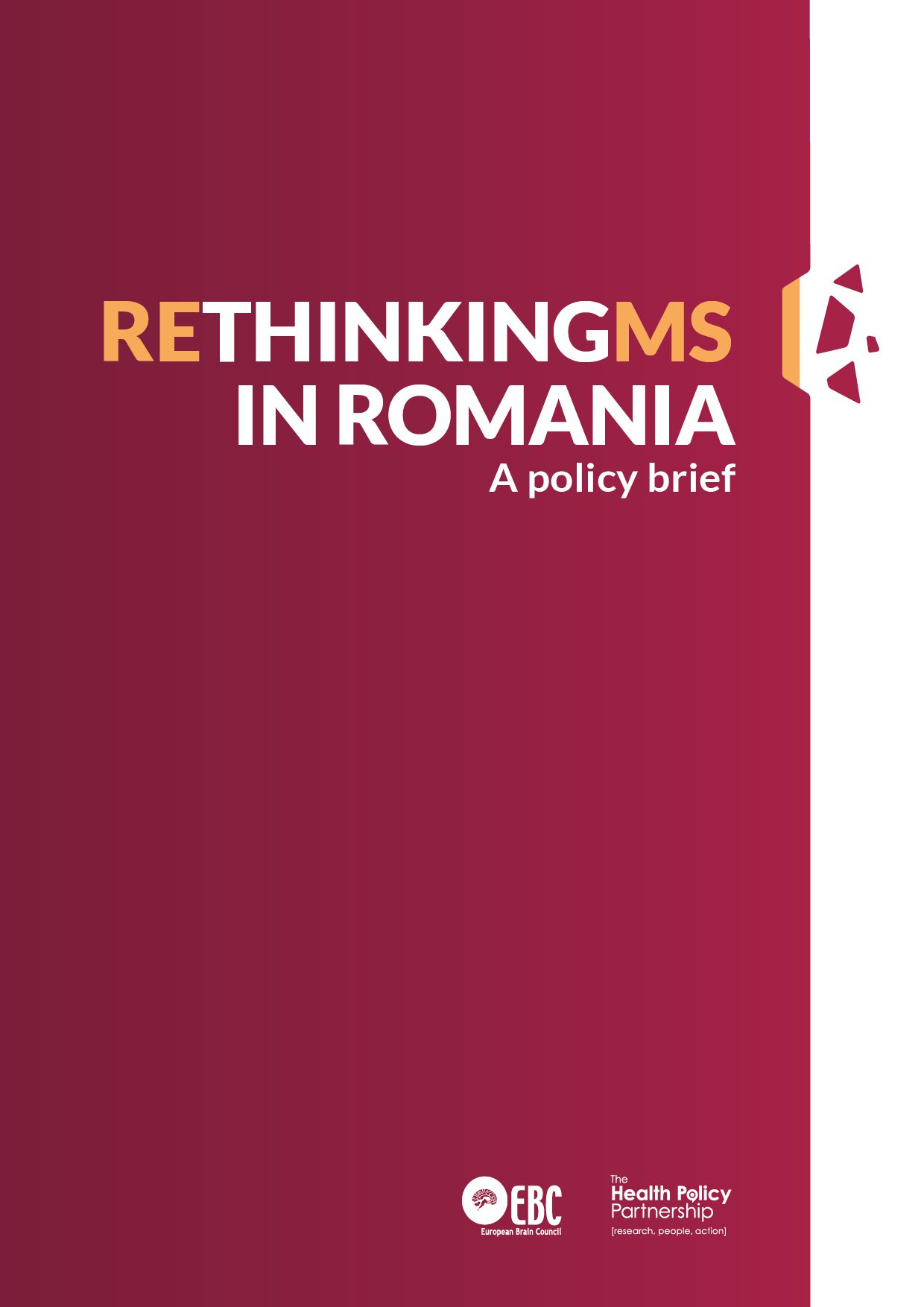
RETHINKING MS in Romania
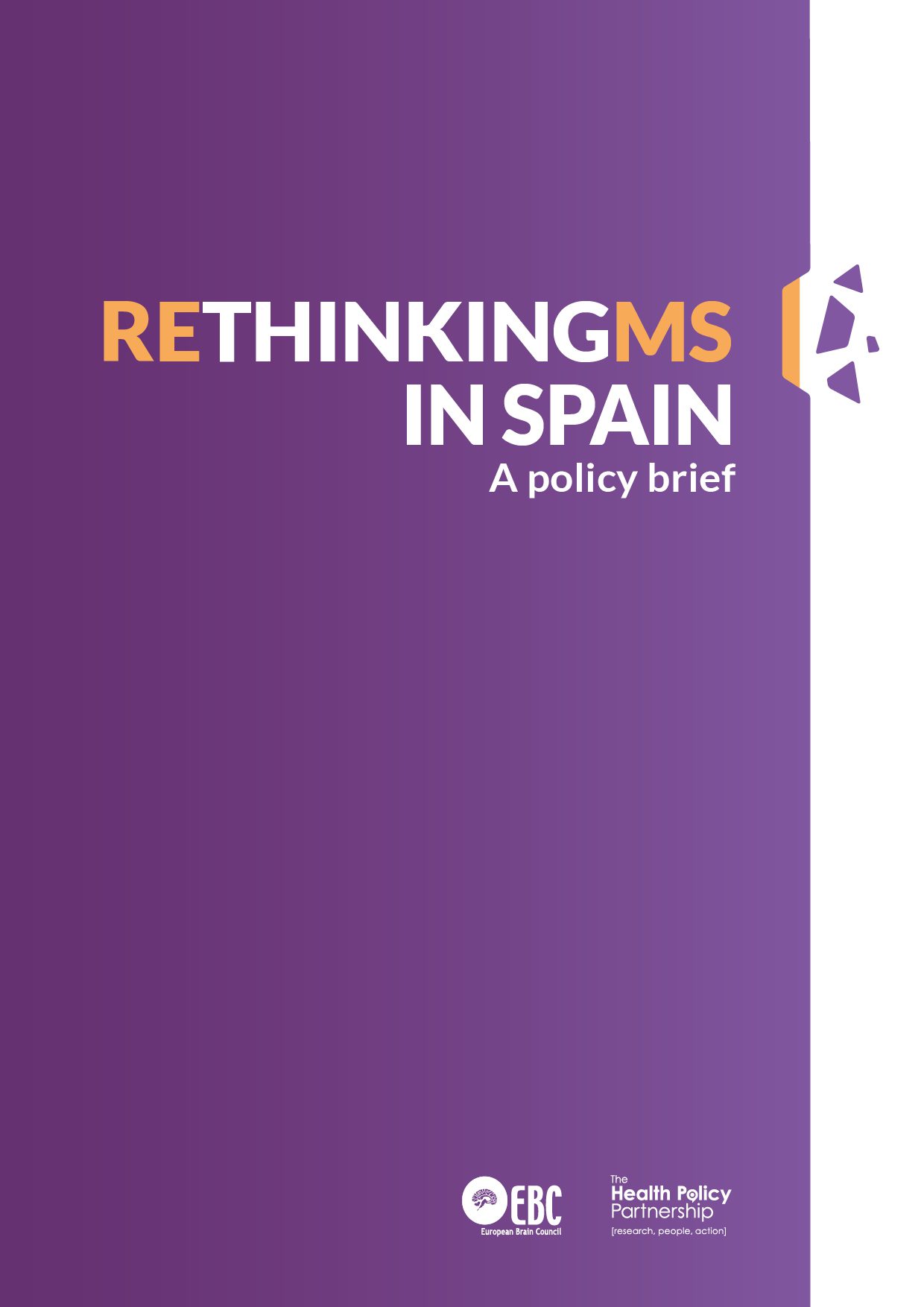
RETHINKING MS in Spain
Resource Allocation for Brain Research in Europe
The EBC has worked with Stockholm Health Economics to review the current level of resource allocation to brain research in the EU. Partly funded by the EC, RABRE sought to build on the EBC’s previous finding that brain diseases represent 35% of the burden of all diseases in Europe. RABRE analysed both private and public funding of brain research in Europe, and funding sources were categorised according to both function and disease target.

